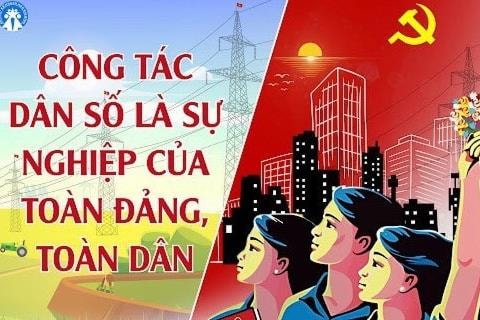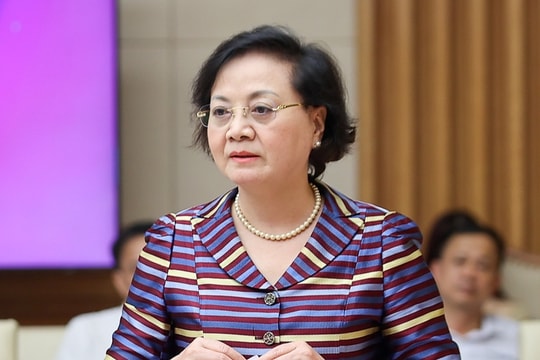Vietnam's population aging rate is the fastest in the world.
“Vietnam is experiencing the fastest population aging in human history,” said Ousmane Dione, Country Director of the World Bank (WB) in Vietnam, at the National Conference on Sustainable Development on July 5, with the participation of Prime Minister Nguyen Xuan Phuc.
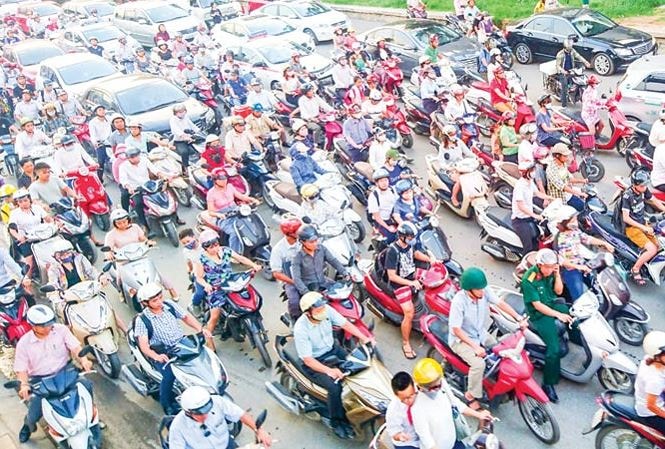 |
| Vietnam's population aging rate is increasing rapidly. Photo: Nhu Y |
4 risksof Vietnam
According to Mr. Ousmane Dione, there are four major trends affecting Vietnam: new forms of trade, the knowledge economy, climate change and population aging. “Megatrends bring both risks and opportunities, and the important thing is to find a way to take advantage of them to create advantages for Vietnam,” Mr. Ousmane Dione said.
Mr. Ousmane Dione said that the trade pattern is developing slowly. Vietnam has benefited from a strong FDI sector and employs 2.4 million people. However, neighboring countries such as Cambodia and Myanmar are emerging as competitors to Vietnam in attracting jobs and low-skilled labor. At the same time, with technological changes, even FDI enterprises can invest back in their home countries.
The WB Country Director in Vietnam is also concerned about the rise of the knowledge economy, with a requirement for a more complex skill set than manual labor, while Vietnam has only 8% of its workforce with university degrees.
“This workforce is not enough to make a meaningful shift from “routine work” to “knowledge-intensive work” in the knowledge economy. This makes ethnic minority workers, older workers and a segment of Vietnamese youth vulnerable,” said the WB Director.
In particular, the World Bank Director in Vietnam said that Vietnam is experiencing the fastest population aging in human history. The proportion of the working-age population in Vietnam has peaked this year and is gradually decreasing.
“The proportion of the population aged 65 and over was 6.5% in 2017 and is expected to reach 21% by 2050. This means that one in five people will be elderly. This has many negative impacts on Vietnam’s labor supply and long-term productivity growth,” added Mr. Ousmane Dione.
Joy and worry
Deputy Prime Minister Vu Duc Dam said that rapid development is difficult, but it must be sustainable. “Often, the whole country, due to pressure from economic development, has to make trade-offs with the environment. With the environment, it may take decades to overcome, but with society, it takes generations, a very long time to improve,” Mr. Dam said.
The Deputy Prime Minister also said that he was "happy" that Vietnam's competitiveness, business environment, and innovation had improved, but was still worried because its ranking was still high compared to other countries in the world.
“A series of problems of enterprises have not been resolved by ministries and branches. However, many enterprises and associations, when making recommendations, only care about their own immediate needs, without considering long-term goals for the business community, including sustainability,” said the Deputy Prime Minister.
Speaking at the conference, Prime Minister Nguyen Xuan Phuc requested that efforts be made to improve the business environment and enhance competitiveness, as improvements in many component indicators are unsustainable and low; the efforts of some ministries, branches and localities are still uneven and lack determination, and must be overcome in the coming time.
The Prime Minister also suggested continuing to promote the role of the business community, social organizations, especially VCCI, in detecting barriers in legal institutions, business investment conditions, administrative procedures, promoting accountability, discipline, order, strengthening inspection, supervision, and strictly handling violations, negativity, and harassment of businesses.
Talking about innovation, startups, and approaching the 4.0 industrial revolution, the Prime Minister requested to perfect the startup ecosystem to realize startup and creative ideas, especially for the young generation.
Mr. Ousmane Dione noted that Vietnam needs to operate three factors likened to three gears: modern industries, traditional industries, labor force and labor market institutions to create better jobs. Because, without policies to lubricate the machine - taking advantage of Vietnam's advantages, meaning there is a "spoke in the wheel", the machine gets stuck and job creation stops.

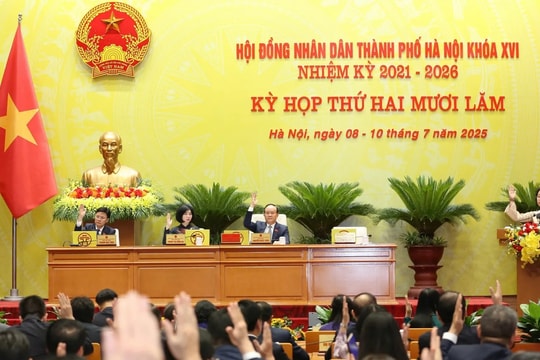
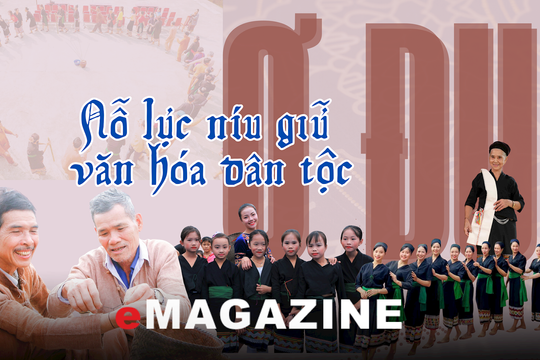
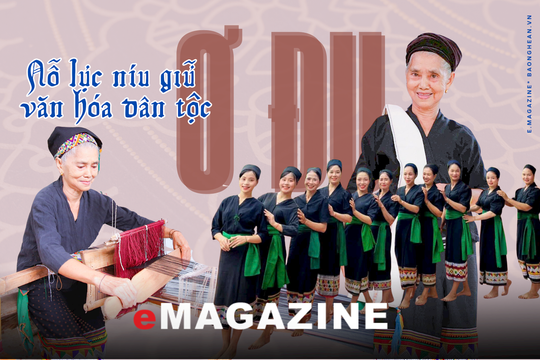
.jpg)

